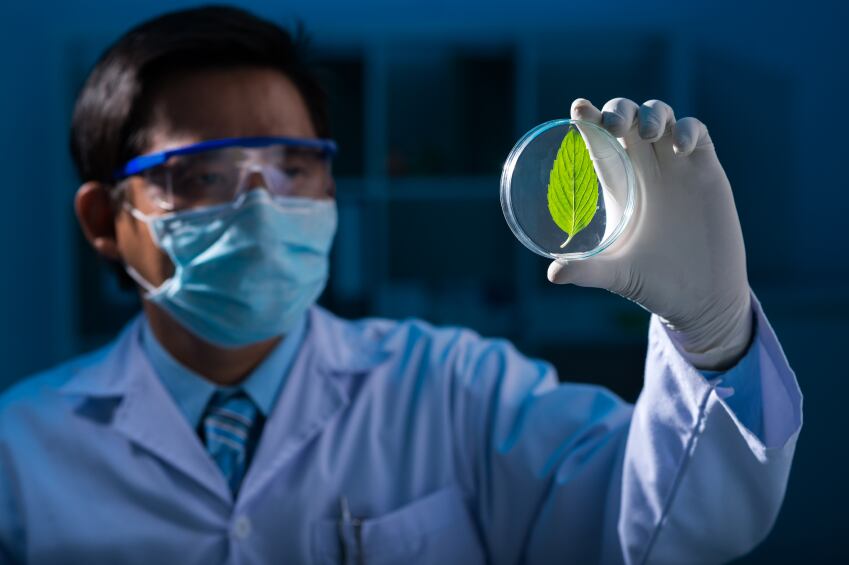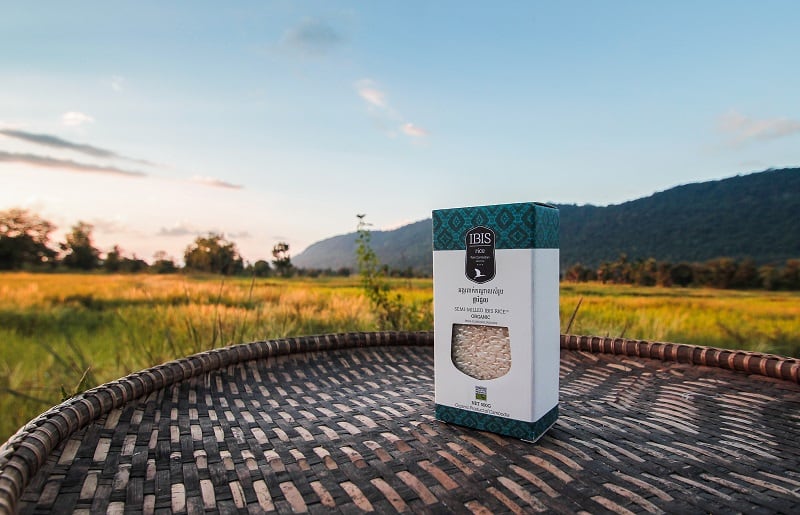Europe risks ‘becoming the museum of world agriculture’ if gene editing and GM technology ‘continues to be stifled’, according to Agricultural Biotechnology Council (ABC), the umbrella organisation for the agricultural biotechnology industry in the UK.
Its ‘Cultivating the Future' report, published to mark the 20th anniversary of the commercialisation of GM crops, claims innovative crop technologies are needed to meet the challenge of a growing world population and increased impact of climate change on agriculture.
GM crops, it argues, are just one of the many technologies that will need to be part of the solution to the challenge facing agriculture in the coming years. It adds we are on the verge of a new range of tools developed from advances in genetic knowledge and technology.
The report complains that a ‘prolonged and shallow debate’ around GM crops in the last two decades is unsustainable, and risks imposing a great cost on farms and on the environment.
With consumers predicted to demand 70% more food by 2050, the authors warn that there is no time to waste.
Decision-makers as well as scientists ‘need to view genetic technologies as an essential part of a broad suite of tools available to tackle the complex challenges of the future’, it said.
“Our approach needs to be holistic and multi-disciplinary. For instance, we need innovative ways to think about food and farming in an urbanised world, for example using vertical farms and tailored peri-urban agriculture. We also need to think about the future of world agriculture in terms of how biotechnology fits into sustainable, small-farm agriculture – not only because this is the sort of agriculture found in developing countries, but also because it is more supportive of a biodiverse environment.”
Europe ‘cannot grow all that it needs’
In Europe ‘we cannot grow all we need’, said the report. It suggested biotechnology allows farmers the opportunity to increase their ‘productivity, resilience and profitability’ and “when used to breed crops now covering nearly 180 million hectares it has been shown to have clear benefits to farmers, environment, economy and wider society.
“We are also convinced by the overwhelming independent scientific evidence from around the world that GM food and feed is safe. And we know our farmers can grow crops with different specifications to supply separate markets: Coexistence is a routine part of commercial agriculture.”
It added that crop protection products are now “rapidly being lost to a European regulatory system that is unscientific, based on hazard rather than risk and driven by an inappropriate interpretation of precaution.”
‘No clear opposition to the technology among UK consumers’
ABC commissioned a YouGov report of more than 2,000 people in the UK that discovered support for innovative crop technologies such as gene editing and GM technology.
Nearly three quarters (72%) of respondents said they would support the use of new technologies and innovation – such as new plant breeding techniques to increase crop diversity and security.
In addition, 82% said they believed there will be an increased emphasis on new technology and innovation in food production and farming in the future, for example gene editing, which can help make crops more nutritious, pest and disease resistant, according to ABC.
There was also strong agreement among those surveyed that farmers and scientists are the most trusted groups to help the UK deal with food production challenges, trusted by 76% and 75% of respondents, respectively.
UK politicians were the least trusted group to tackle these issues, with only 16% of respondents believing politicians are well prepared. But nearly half (49%) would trust UK supermarkets to ensure that the UK is well prepared in the event of any future food production challenges.
Meanwhile, 32% of those questioned said they believed the consumption of insects will likely become more commonplace, in the wake of challenges in food production.
ABC is calling on the UK government to use the UK’s exit from the EU as an opportunity to take advantage of ground-breaking technologies that have previously been blocked by political intervention at an EU level. It believes the use of gene editing and GM technology in the UK post Brexit could help UK farming flourish, whilst maintaining the highest levels of consumer safety and environmental protection.
Mark Buckingham, Chair of the Agricultural Biotechnology Council said: “We are delighted to see UK consumers embrace innovation and new technologies as the future of farming. Using cutting edge technology and growing techniques will enable the UK to deal with the serious challenges of keeping our farmers competitive, maintaining a safe, affordable food supply, and protecting our natural environment. With Brexit on the horizon, techniques such as editing individual genes in crops to make them more resistant to diseases, offer a fantastic opportunity to help British farmers lead the world in agri-science.”
Buckingham said that the YouGov survey illustrated that there was no clear opposition to the technology among consumers and that British farmers see adoption of new innovations as essential to securing their future. “21st century farmers and growers see the adoption of innovative practices and new technologies, including biotechnology, as absolutely essential to securing their future in an uncertain world,” he said.
The ABC report concluded: “The way forward is consideration of the evidence followed by policy that facilitates choice. The UK is well placed to lead, we have a strong science base, and a track record of evidence-based agricultural policy. The UK has a world-leading food and farming sector that prides itself on delivering choice to consumers and in championing tools that improve the quality, affordability and environmental footprint of food and farming products.”




